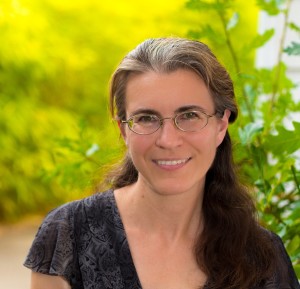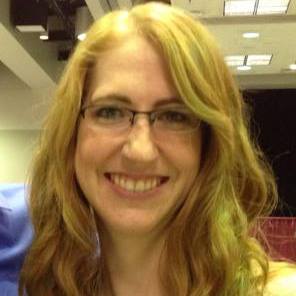Please welcome Arwen Spicer, the next in the series of guest blog posts that answer the question: Why do you write?
Why Do I Write?
by Arwen Spicer
I write for the same reason people fall in love: because the soul needs to communicate with others. And as with love, writing is not a one-way street. Every writer is a reader, and every reader is a participant in writing. We create based on what we’ve learned from others, and when we read, we translate the words (or video images, music, etc.) through the contexts of our minds to produce our own version of the story. I am happy that we live in an age in which the basic fact that all art is a collaboration is becoming accepted once again and the myth of the solitary author producing an artifact called “original” work is slowly melting back into deeper sea of human storytelling.
In other words, I love fan fiction! I mean this sincerely and seriously. Fan fiction usually refers to an unauthorized derivative work set in the universe of a preexisting story: ex. a Star Wars character study. A fan fiction writer is someone so emotionally drawn to a story that her role as author of her own reading experience spills over into literal writing. The characters and situations she has fleshed out in her head become vignettes, side-stories, conversations, what-ifs, and, yes, sometimes sex scenes expanding and extrapolating on the story that has sparked her mind.
I write because some beautiful ideas spark my mind, just as the right person can do so, in the right place, at the right time. I write original science fiction, and I proudly write fan fic, too. Sometimes I write original things that feel mostly pulled out of my own head. I’ve been creating the Continuation Universe page since I was eleven, which, for those keeping track, is almost thirty years. It’s my own creation as far as copyright law goes, never mind that a lot of the planets were initially named after planets in Star Wars and Star Trek, when I was twelve of thirteen. But those derivative roots are there. My “original” universe has never been entirely my own.
And consistently the pieces of my original writing that please me most as a reader are those that are fundamentally originalized fan fiction, transpositions and mental mashups of characters and situations I loved from other stories, turned over many years into my own. Bits of Tolkien, Star Wars, Blake’s 7, the Mahabharata, and Lexx to name a few—they warp across the years into the fabric of my universe. There is Star Trek in The Hour before Morning; there is Les Misérables far, far back in the high school beginnings of Perdita.
I work very hard on my “original” fiction. I do all can to make it as polished and profound as possible. I devote a lot less to my explicit fan fiction: it’s a lighter load; it’s more fun. By definition, it has to be a hobby: by law, I’m not allowed make money from it. It is, therefore, pure writing for the joy. There’s no other reason. But when I go back to read my own work, I very nearly always go back to Archive of Our Own. There’s a handful of my fics I deeply love as a reader. I read them like I’d read any old favorite story: because they move me. They fill me. I can’t feel that way about my original fiction, any more than I could fall in love with myself.
The original stuff, that’s a gift to others. And when a reader refers to my first novel as “my beloved Perdita” or tells me The Hour before Morning keeps looping around in his head, playing against observations he’s making about our real world and politics, then I know I’ve fulfilled my part in giving stories to others.
Do you remember Cloud Atlas? It’s a story about how people’s individual actions, for good or ill, across the centuries, ripple down through the course of history and the lives of others in ways they’d never guess in people they’ll never meet. Art is perhaps our chief medium for that strange and intimate relationship in which people who never know each other, who may not speak the same language, who may not even be alive at the same time, can touch hearts with a love as life-transforming in its way as any personal relationship. It is a supremely detached and generous love we give and receive in this world.
In the Japanese light novel series, Mirage of Blaze, a character remarks that souls can reproduce, just like bodies, and that these offspring of the soul can change the world. “History was created in this way,” he says. Our thoughts interpenetrate each other. We learn and we grow, and the world evolves. I write because I want to participate in the life of this world.




